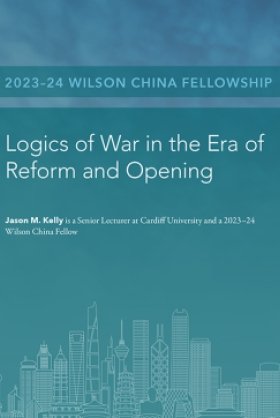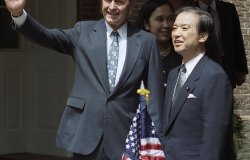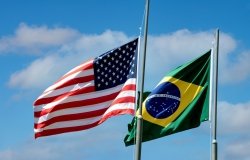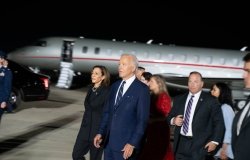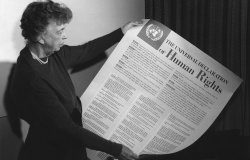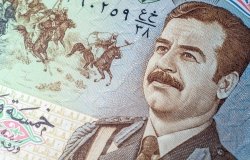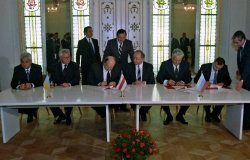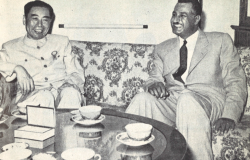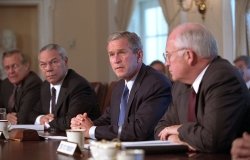#94 Venezuela, the Caribbean Basin, and the Crisis in Central America
By Robert D. Bond
This paper analyzes the expanding role of Venezuela in the Caribbean basin, especially since 1970, and discusses the dilemmas posed for Venezuelan foreign policy by the country's deepening involvement in Central America. Venezuela has used its oil wealth to become one of the major aid donors in the Caribbean, and Venezuelan authorities have played key roles in the Nicaraguan and El Salvadorean crises.
The paper argues that current Venezuelan policy toward the region is very similar to that of the United States: cool relations with Cuba; bilateral aid for selected countries; and strong support for the government headed by Napoleon Duarte in El Salvador. However, there are indications that Venezuelan authorities are uncomfortable with mounting domestic and international criticism of their role in Central America, including charges that Venezuela is a stalking horse for the United States in the region, that democratic Venezuela is supporting a repressive regime in El Salvador, and that Venezuela's COPEI party leaders have injected Christian Democratic ideology into foreign policy. It is suggested that while Venezuelan policymakers might like to adopt a low- profile policy toward the Caribbean basin, they will do nothing to weaken the position of Napoleon Duarte (a close personal friend of several leaders of the COPEI party) within the governing junta in El Salvador. As a result, the former democratic consensus supporting Venezuelan foreign policy will continue to erode.
Related Program

Latin America Program
The Wilson Center’s prestigious Latin America Program provides non-partisan expertise to a broad community of decision makers in the United States and Latin America on critical policy issues facing the Hemisphere. The Program provides insightful and actionable research for policymakers, private sector leaders, journalists, and public intellectuals in the United States and Latin America. To bridge the gap between scholarship and policy action, it fosters new inquiry, sponsors high-level public and private meetings among multiple stakeholders, and explores policy options to improve outcomes for citizens throughout the Americas. Drawing on the Wilson Center’s strength as the nation’s key non-partisan policy forum, the Program serves as a trusted source of analysis and a vital point of contact between the worlds of scholarship and action. Read more
